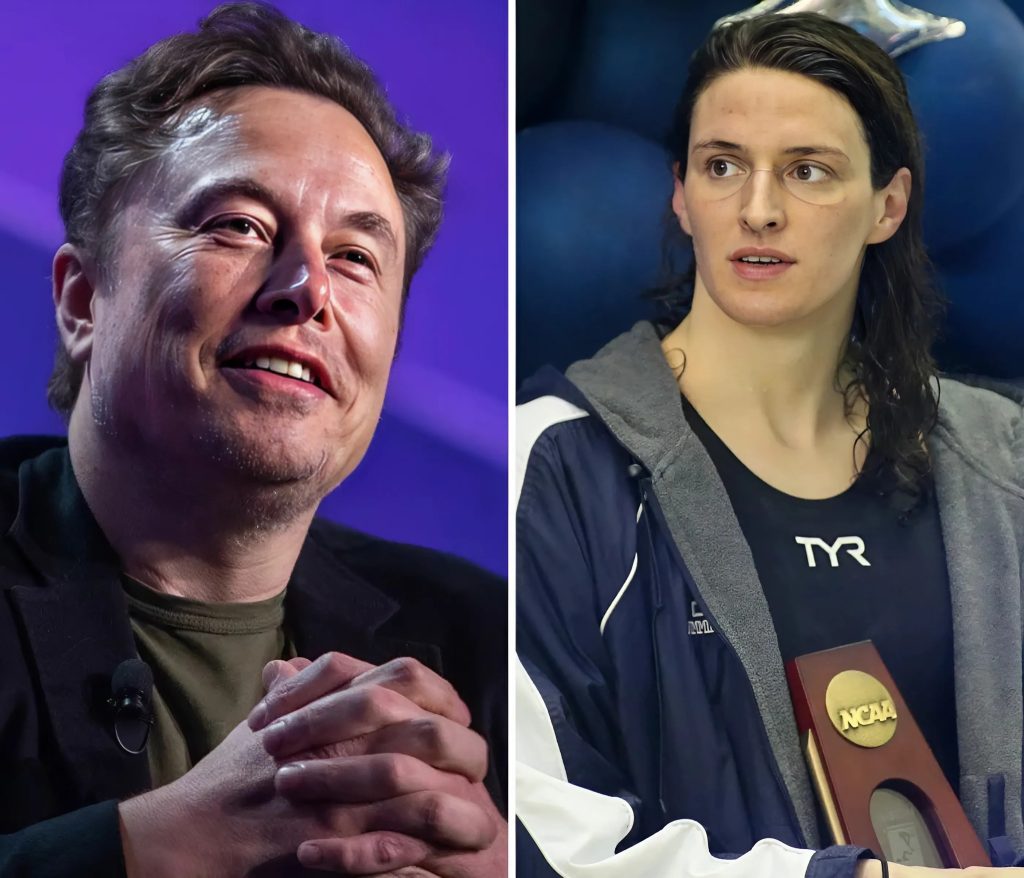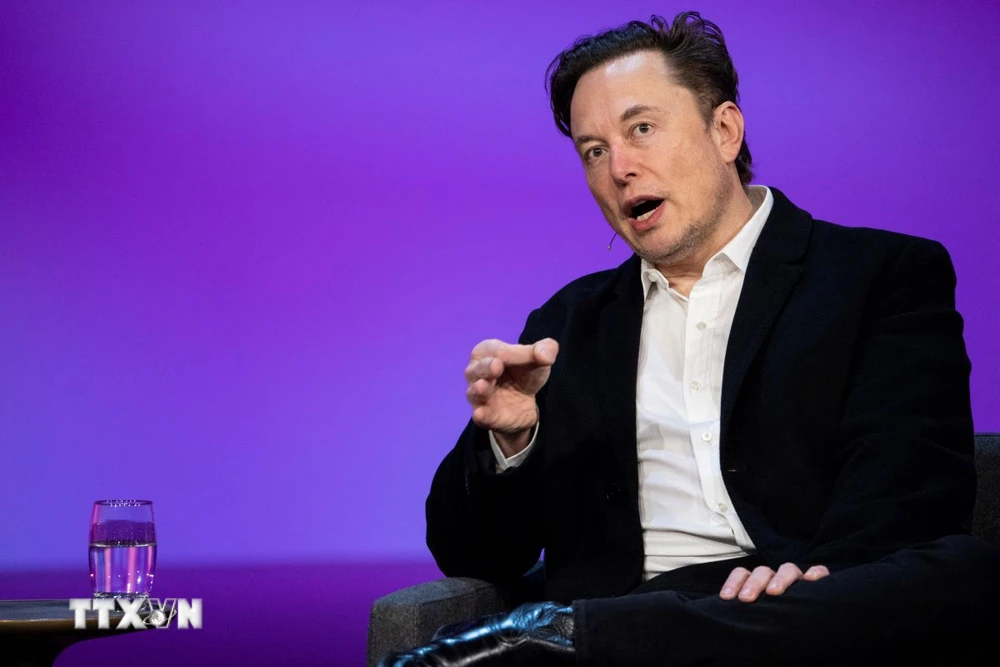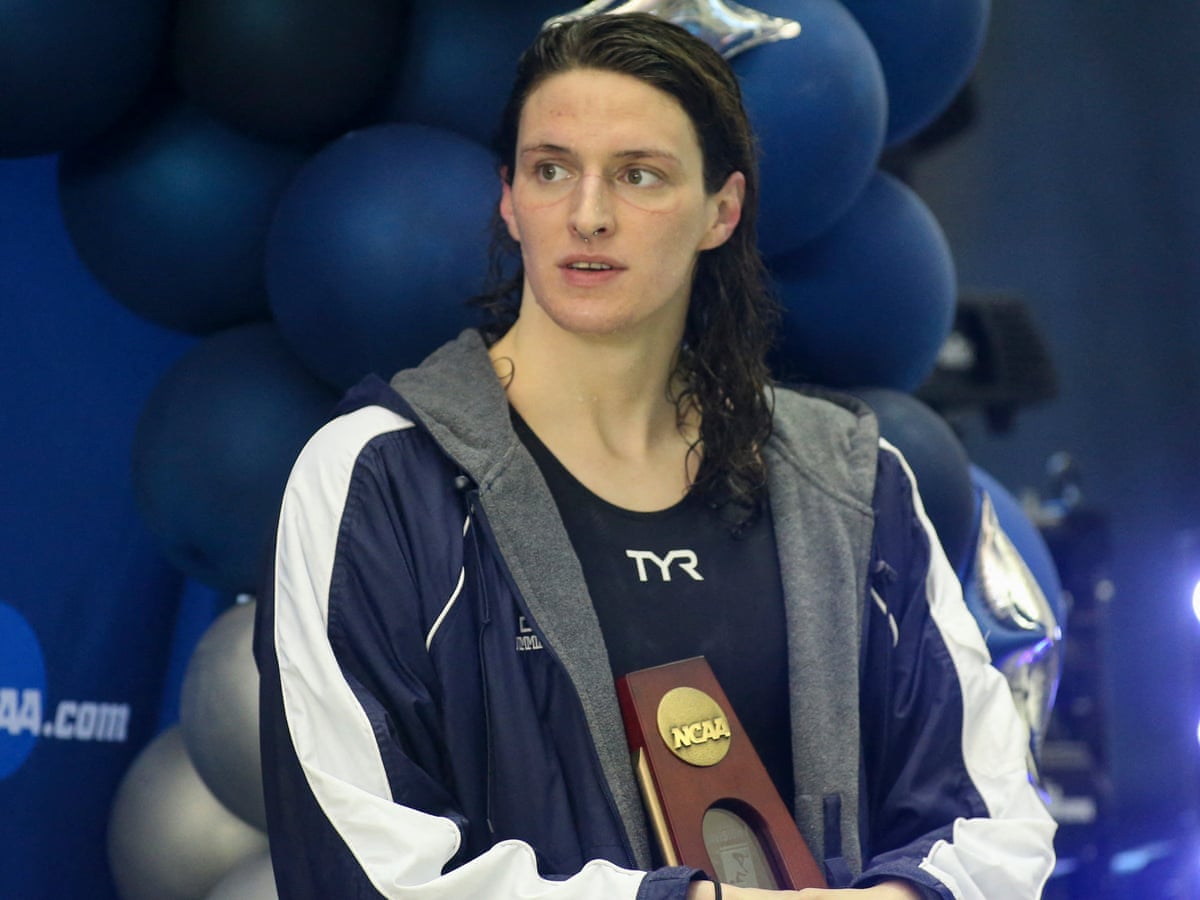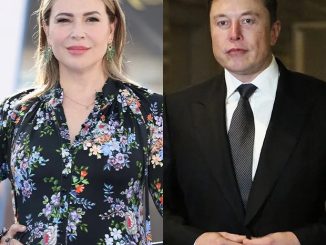
Elon Musk, the CEO of Tesla and SpaceX, has recently made headlines with a bold statement regarding the NCAA and athlete participation. He expressed strong opposition to what he perceives as unfair advantages in sports competitions, particularly concerning the inclusion of transgender athletes in women’s events. Musk’s comments have ignited a heated debate about fairness, inclusivity, and the governing policies of athletic organizations.

The controversy centers around Lia Thomas, a transgender swimmer who has competed in women’s swimming events. Critics argue that her participation may provide an unfair advantage due to physiological differences, while supporters emphasize the importance of inclusivity and the right of transgender athletes to compete in categories that align with their gender identity.
Musk’s declaration to potentially “shut down” the NCAA if such participation continues underscores the tension between advocating for fair competition and supporting inclusivity. The NCAA, as the governing body for collegiate athletics, has policies in place to address the participation of transgender athletes, aiming to balance fairness with inclusivity. However, these policies remain a topic of ongoing debate.

This situation highlights the broader societal discussion about how to ensure equitable competition in sports while respecting the rights and identities of all athletes. As the conversation evolves, it is crucial to consider the perspectives of athletes, governing bodies, and advocacy groups to develop policies that uphold both fairness and inclusivity in sports.


